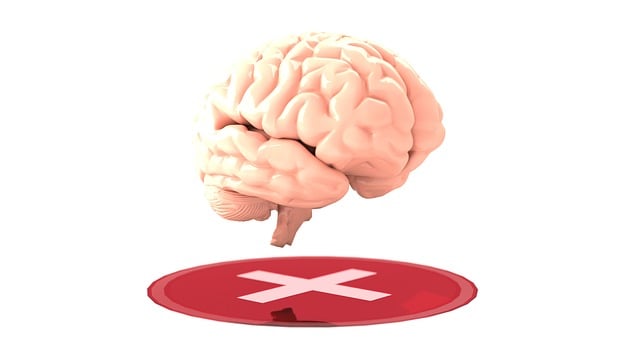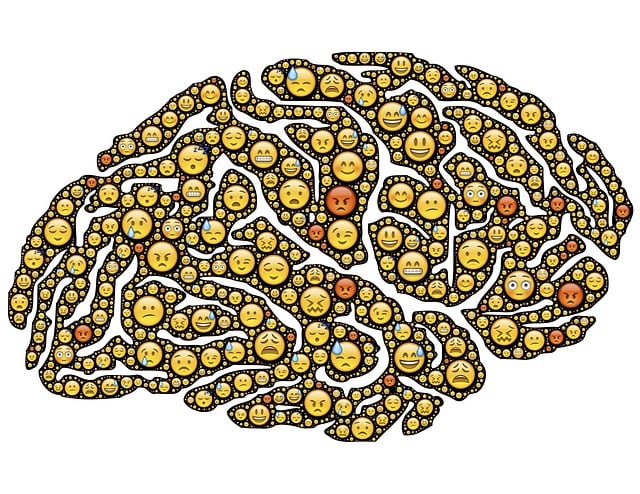Evaluating mental wellness programs at Longmont Drug Abuse-Substance Abuse Therapy centers involves both quantitative and qualitative methods. Quantitative assessments measure changes in symptoms using surveys and tests, while qualitative methods gather insights through interviews, focus groups, and journaling. Combining these data types provides a holistic view of program outcomes, enabling informed improvements to mental health services tailored to participants' needs. Continuous improvement driven by data analysis, such as tracking satisfaction rates and symptom reduction, ensures programs like Longmont Drug Abuse-Substance Abuse Therapy remain effective in a dynamic mental wellness landscape.
Evaluating mental wellness programs is crucial for ensuring their effectiveness and impact on participants’ well-being, especially in areas like Longmont struggling with substance abuse. This article explores assessment methods, from measuring program impact using specific metrics to gathering participant feedback through various engagement strategies. We delve into continuous improvement techniques, emphasizing data-driven approaches to enhance mental wellness initiatives, including Longmont Drug Abuse-Substance Abuse Therapy programs.
- Assessing Program Impact: Methods and Metrics
- Participant Feedback and Engagement Strategies
- Continuous Improvement: Data-Driven Approaches for Mental Wellness Programs
Assessing Program Impact: Methods and Metrics

Evaluating the impact of a mental wellness program is paramount to understanding its effectiveness and making informed improvements. Researchers employ various methods and metrics to assess the success of initiatives aimed at enhancing mental health, especially in contexts like Longmont Drug Abuse-Substance Abuse Therapy centers. One common approach involves quantitative assessments, such as surveys and standardized tests, which measure changes in symptoms or psychological well-being before and after program participation. These tools can track progress in areas like anxiety relief, depression reduction, and overall life satisfaction.
Qualitative methods also play a significant role in program evaluation. Interviews, focus groups, and mental wellness journaling exercises provide insights into participants’ experiences, perceptions of change, and the impact of interventions on their daily lives. Crisis intervention guidance techniques used during evaluations help capture the immediate effects of support services, ensuring that programs are effectively addressing acute mental health needs. By combining quantitative and qualitative data, evaluators can gain a comprehensive understanding of program outcomes and inform strategies for continuous improvement.
Participant Feedback and Engagement Strategies

Participant feedback plays a pivotal role in evaluating the effectiveness of mental wellness programs, especially when addressing issues like Longmont Drug Abuse-Substance Abuse Therapy. Incorporating strategies that encourage active engagement from program participants is essential to gather valuable insights and ensure the initiative aligns with their needs. This two-way communication allows for a deeper understanding of the impact and potential areas of improvement.
One approach to enhance participation is by fostering cultural sensitivity within mental healthcare practices. Recognizing and respecting diverse backgrounds, beliefs, and experiences can significantly improve engagement. Resilience Building techniques that are tailored to individual cultural contexts can boost Emotional Well-being Promotion, making the program more inclusive and impactful.
Continuous Improvement: Data-Driven Approaches for Mental Wellness Programs

Mental wellness programs are not static; they must evolve to meet the changing needs of participants. Continuous improvement is a cornerstone of effective mental health support, and data-driven approaches play a pivotal role in this process. By collecting and analyzing participant outcomes, organizations like Longmont Drug Abuse-Substance Abuse Therapy can identify areas for enhancement. This iterative process involves assessing program effectiveness through various metrics, such as satisfaction rates, engagement levels, and symptom reduction.
For instance, implementing Stress Management Workshops Organization sessions can be evaluated using pre-post surveys to measure changes in stress levels and coping mechanisms. The Mind Over Matter Principles, when integrated into these workshops, might show improved participant well-being. Such data allows for refining the program curriculum, ensuring it remains relevant and impactful, catering to the evolving mental wellness landscape.
Evaluating mental wellness programs is essential for ensuring their effectiveness, especially in addressing issues like substance abuse, as seen in Longmont Drug Abuse-Substance Abuse Therapy. By utilizing a combination of assessing program impact through robust metrics, gathering participant feedback to enhance engagement, and implementing data-driven continuous improvement strategies, organizations can optimize their mental health initiatives. These methods foster a more holistic understanding of program success, allowing for tailored adjustments and ultimately improving outcomes for those seeking support.














